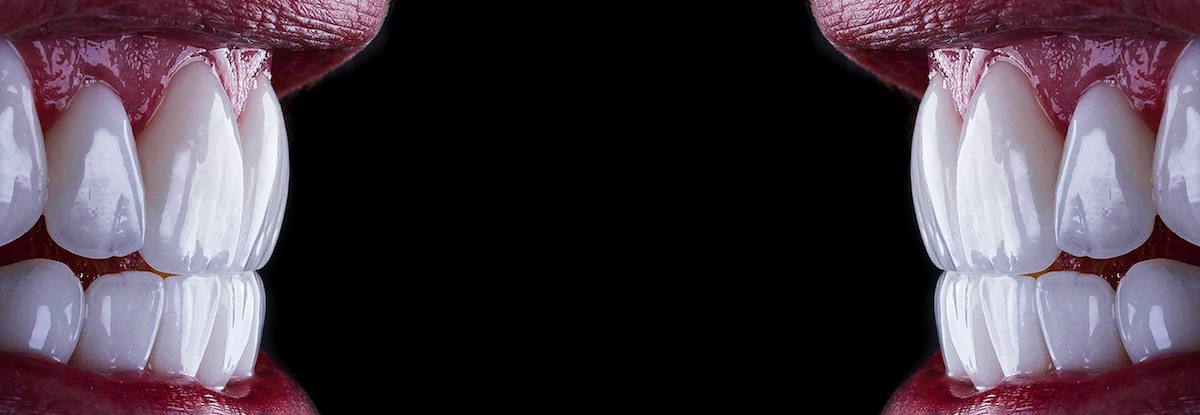BECAUSE MOUTH AND BODY WORK IN UNISON
As holistic dentists we are concerned about your health, as you should be too. Good dentures contribute to your well-being and are an important factor in healthcare if teeth are missing. In the manufacturing of dentures, great importance is attached to using only high-quality materials and biological dentures.
With advanced dental technology, creating beautiful and natural-looking dentures that match the colour and shape of the patient’s teeth perfectly is not a problem for the dentist or the dental technician. However, in practice it is a bigger challenge, as the dentures have to fit harmoniously into the ‘human’ system of the patient’s body.
Ideally, patients should not even feel that they are wearing a denture. For this, numerous individual circumstances need to be established and taken into account during consultations with the patient. Is the patient allergic to any material? Does the patient have any physical complaints, like back or neck pain? What requirements does the patient have for his/her dentures? What can the patient afford to pay for the dentures?
Dental material allergy
For patients who are allergic to certain dental materials, for example nickel, appropriate alternatives are available. For many patients, metal-free materials offer a good alternative option, as these materials have a high level of biocompatibility and are therefore generally well tolerated. In the case of a patient with pronounced allergic tendencies, the proposed materials for a denture can be subjected to an allergy test at the dentist or the patient’s doctor.
Think holistically
In addition to making sure that the dental material is compatible, the denture should also integrate well into the patient’s biological ‘human’ system. The temporomandibular joints play a crucial role here. To create dentures that will function harmoniously, the movements of the temporomandibular joints must be precisely recorded and transmitted to the dental laboratory.
Due to the anatomical, physiological and neurophysiological connections between the temporomandibular joint and the patient’s musculoskeletal structures, any change in the patient’s bite position could affect how their system and organs function. Only the harmonious interaction between the dentures and the patient’s system will ensure the patient’s well-being. As AL Rossaint* pointed out, the masticatory organ is not an autonomous system, but functions in a cybernetic loop with the rest of the patient’s body.
Therefore, the dentist must look closely at the functioning of the patient’s teeth, periodontium, chewing, speech, facial and neck muscles, and temporomandibular joints. The dentist must also look at the patient’s dental history and their whole-body skeletal parameters. All these aspects must be factored into creating the best denture(s) for the patient.
Malfunctions and the solution
In the case of functional complaints, i.e. neck and/or back pain, a full-body diagnosis is very much indicated. The temporomandibular joints could be a cause as these joints are inextricably linked to the whole body. Recognizing this cause and effect factor is an integral part of arriving at the best dental prosthesis therapy for a patient.
Functional disorders of the temporomandibular joint often manifest themselves in muscular and functional complaints of individual segments of the spine, pelvis and extremities. The reason for this is the anatomical and neurophysiological connections between the temporomandibular joint and the upper cervical segments. A dysfunction of the upper cervical spine can cause problems lower down in the patient’s body.
So now the dentist must play the role of a detective here, with the physiotherapist, osteopath and manual therapist becoming his expert ‘side-kicks’! If these experts all work well together, it will be possible to correct the malfunction and produce a denture that integrates perfectly into the patient’s biological system.





